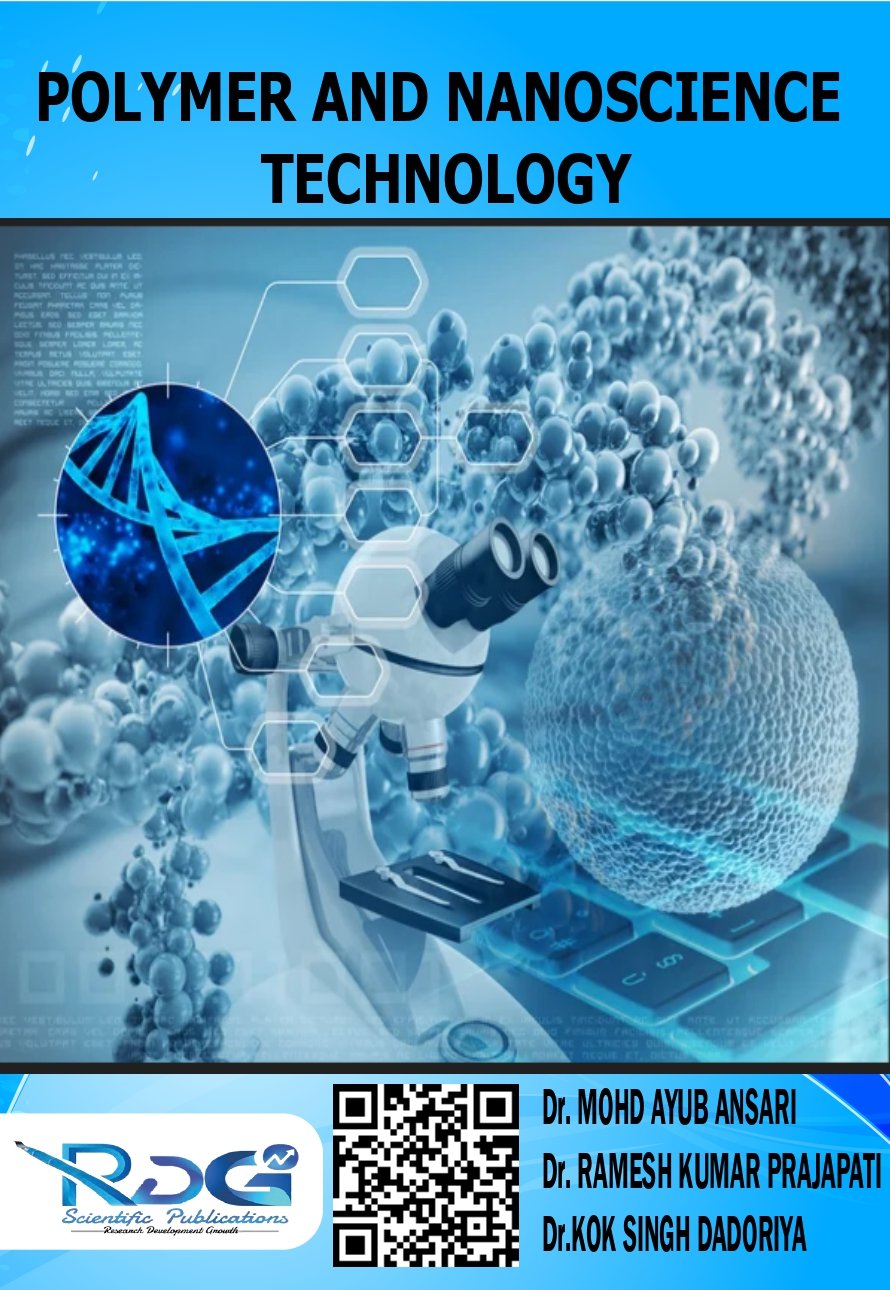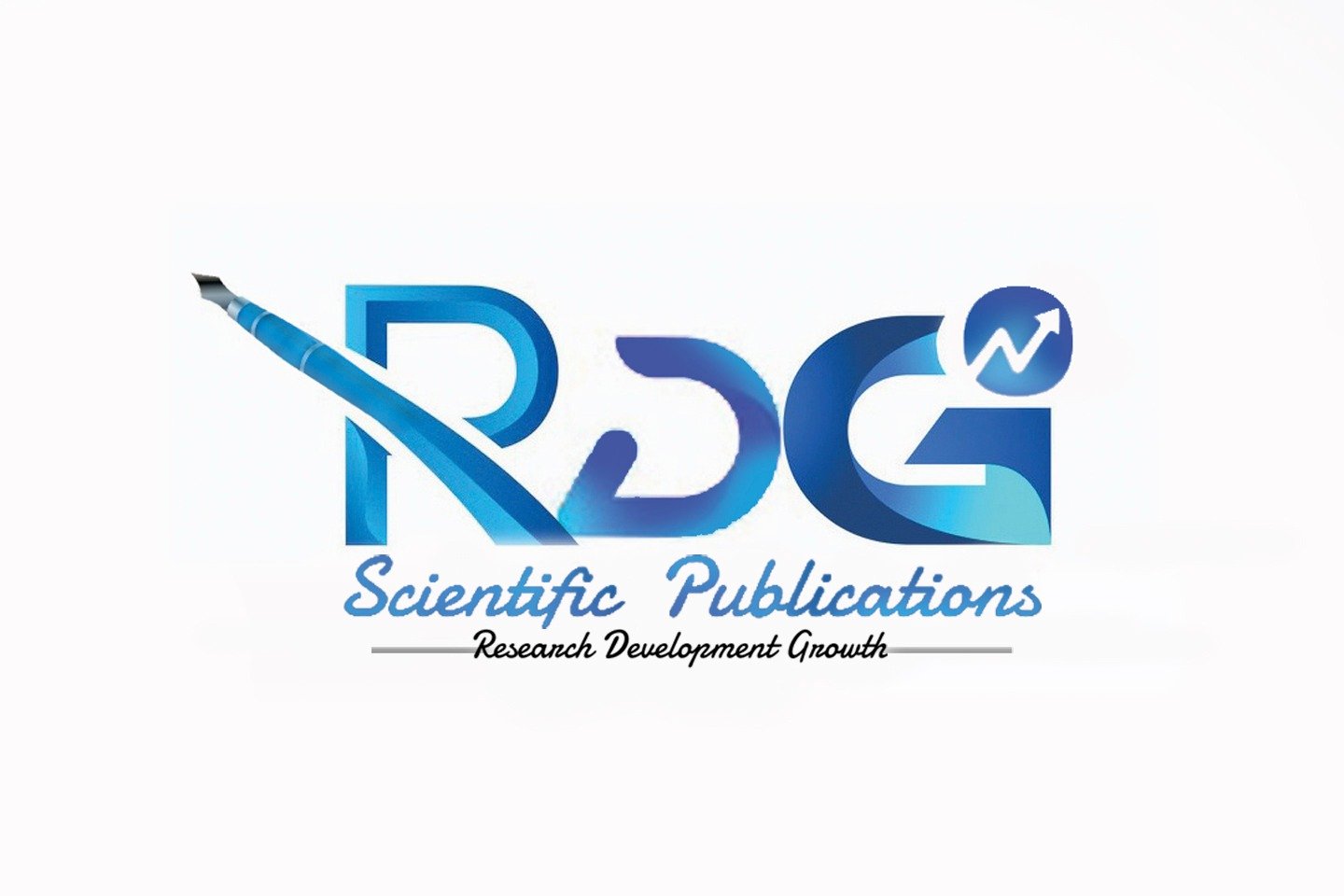The rapid advancements in polymer science and nanotechnology
have revolutionized multiple industries, from medicine and electronics
to sustainable materials and environmental applications. The interplay
between polymer science and nanoscience has paved the way for
innovative materials with tailored properties, enabling groundbreaking
technological progress. This book, Polymer and Nanoscience
Technology, provides an in-depth exploration of the fundamental
principles, synthesis, characterization, and applications of polymers and
nanomaterials.
This text is structured into six comprehensive sections. The
initial chapters introduce the core concepts of polymer science, detailing
polymer classifications, structural characteristics, polymerization
techniques, and intermolecular interactions. A strong emphasis is placed
on the molecular architecture of polymers, including their primary,
secondary, and tertiary structures, and the methodologies for their
modification. The characterization techniques for polymers,
encompassing molecular weight determination, spectroscopy, and
rheological studies, are thoroughly discussed to offer insights into
polymer behavior and performance.
Following the foundational concepts, the book delves into
polymer processing and rheology, elaborating on the techniques utilized
in polymer manufacturing, including extrusion, molding, calendering,
and coating processes. Additionally, it addresses the thermal,
mechanical, and electrical properties of polymers, which are critical in
material design and engineering applications.
A dedicated section on biopolymers and natural polymers
highlights their significance in sustainable materials, biomedical
applications, and advanced technologies such as drug delivery and
tissue engineering. Smart polymers and shape-memory materials, with
their stimuli-responsive behaviors, are also covered, providing insights
into their transformative applications in healthcare, robotics, and
adaptive materials.
Nanoscience and nanotechnology are integral to modern
material science, and this book explores the synthesis, properties, and
characterization of nanomaterials in great detail. The principles
governing nanoparticle behavior, including surface effects, quantum
confinement, and charge interactions, are discussed to provide a
fundamental understanding of nanoscale materials. The book further
covers various nanomaterial synthesis techniques, both organic and
inorganic, alongside advanced characterization methods such as
microscopy, spectroscopy, and rheometry.
The final sections of the book examine the diverse applications
of nanomaterials across multiple sectors, including medicine,
electronics, energy storage, and consumer goods. The integration of
polymer and nanoscience technologies has resulted in the development
of next-generation materials with enhanced mechanical, electrical, and
functional properties, leading to significant advancements in various
fields.
This book is designed for students, researchers, and
professionals in materials science, chemical engineering, physics, and
related disciplines. It serves as a comprehensive resource that bridges
theoretical principles with practical applications, fostering a deeper
understanding of the evolving landscape of polymer and nanoscience
technology. We hope this book will inspire further research and
innovation in the field, contributing to the ongoing advancement of
science and technology.























Reviews
There are no reviews yet.